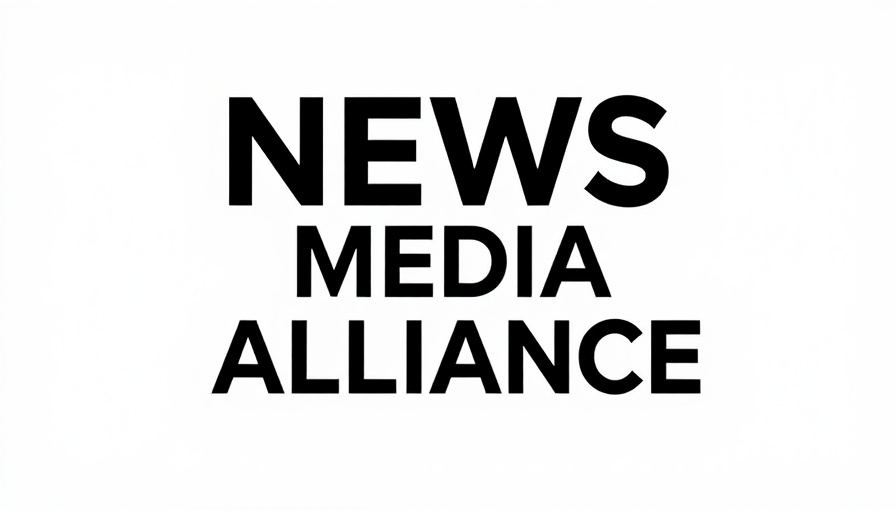
The Troubling Impact of AI on Publisher Traffic
A recently released report from Tollbit highlights a concerning trend for publishers: AI chatbots are generating more harm than good. These AI-driven entities—once promised to expand traffic for content creators—are instead yielding a staggering 95.7% decrease in click-through traffic compared to traditional search engines. With an alarming referral rate of just 0.37%, it's clear the click-through landscape is shifting dramatically and not in the favor of news organizations.
Danielle Coffey, the President and CEO of the News/Media Alliance, explicitly stated, “Without web traffic, news and media organizations lose subscription and advertising revenue.” This captures the existential threat posed by AI in its current form. Publishers that rely on web traffic to fund their operations are faced with a crisis that could undermine the integrity of journalism itself.
The Data Behind the Numbers
The findings from Tollbit's AI User Agent Index point to AI companies, including notable players like OpenAI and Perplexity, scraping websites at unprecedented rates—often without consent. According to the report, over 2 million scraping actions were recorded in the last quarter alone. This isn’t simply an issue of competition; it raises ethical questions about the AI industry’s responsibility toward content creators.
Moreover, a separate report highlighted that despite the rise of AI chatbots—ChatGPT, Claude, and others—Google's search traffic remains stable. In January, Google recorded 2.7 billion daily visits, a slight increment from December and only a minimal decline year-over-year. This indicates that while chatbots are gaining traction, they haven’t effectively displaced traditional search mediums. As AI becomes integrated into user experience, the expectation for it to provide legitimate traffic remains unfulfilled.
A Call for Responsible AI Integration
What does this mean for the average consumer and AI enthusiast? It means there’s a pressing demand for the development of ethical and responsible AI systems. While generative AI certainly holds transformative potential, it is crucial that it operates within frameworks that respect the original content of publishers.
Publishers are not against AI—many leverage it to improve their services—yet they demand compensation for the content used to train these AI systems. As Coffey succinctly puts it: “With AI click-through rates almost 96% lower than traditional search...we’re just asking for responsible AI.”
Exploring Future Implications
The long-term outlook for the news industry amidst this technological upheaval is precarious. If scraping practices continue unabated, the fabric of independent journalism may be compromised. New revenue models must be explored, including licensing agreements, as demonstrated by the Associated Press and other prominent media outlets that have struck deals with AI companies.
Innovation is happening, but not at the expense of the integrity of news. It is vital for developers and consumers alike to push for a balance that encourages progress while safeguarding the rights of content creators.
Actionable Insights for Readers and Enthusiasts
As an AI enthusiast, your voice matters. Engaging with platforms calling for responsible AI practices can influence change. Support publishers and creators by accessing content through legitimate channels. AI's promise is significant, but its ethical considerations will shape its adoption—and ultimately the landscape of information we engage with.
This critical juncture invites readers to reflect on how emerging technologies negotiate complex relationships and economic realities. Isn’t it essential to advocate for a future where innovation benefits all stakeholders rather than a select few?
 Add Row
Add Row  Add
Add 




 Add Row
Add Row  Add
Add 

Write A Comment